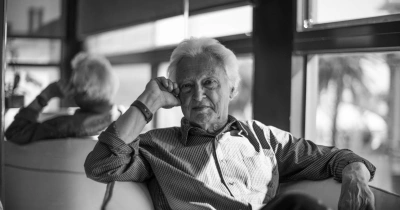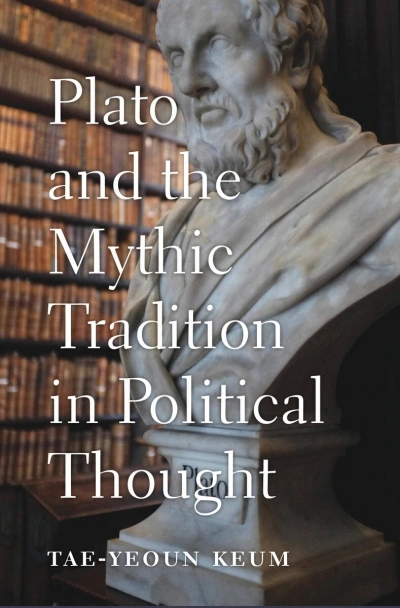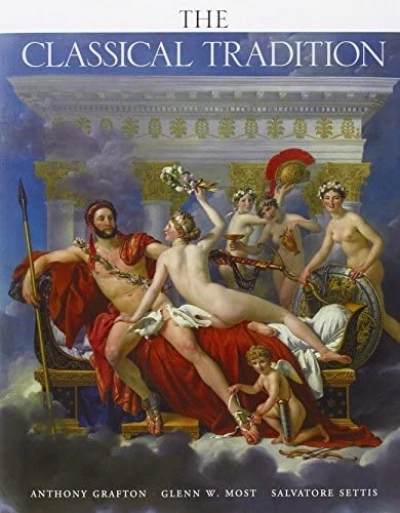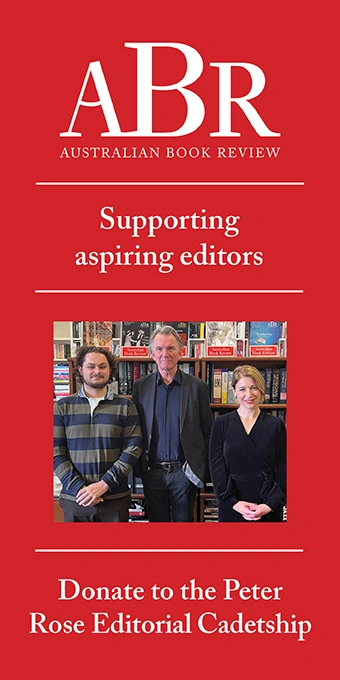Plato
Some readers will know me as the author of Romulus My Father (1998). Romulus is not a book of philosophy, but it was obviously written by a philosopher profoundly affected by painful events in his childhood and the influence on him of his father and his father’s dear friend Pantelimon Hora, who helped raise him. Many people who have read the book said that it is obvious why I became a philosopher.
... (read more)Plato and the Mythic Tradition in Political Thought by Tae-Yeoun Keum
by Knox Peden •
The Classical Tradition by Anthony Grafton, Glenn W. Most, and Salvatore Settis
by Christopher Allen •







